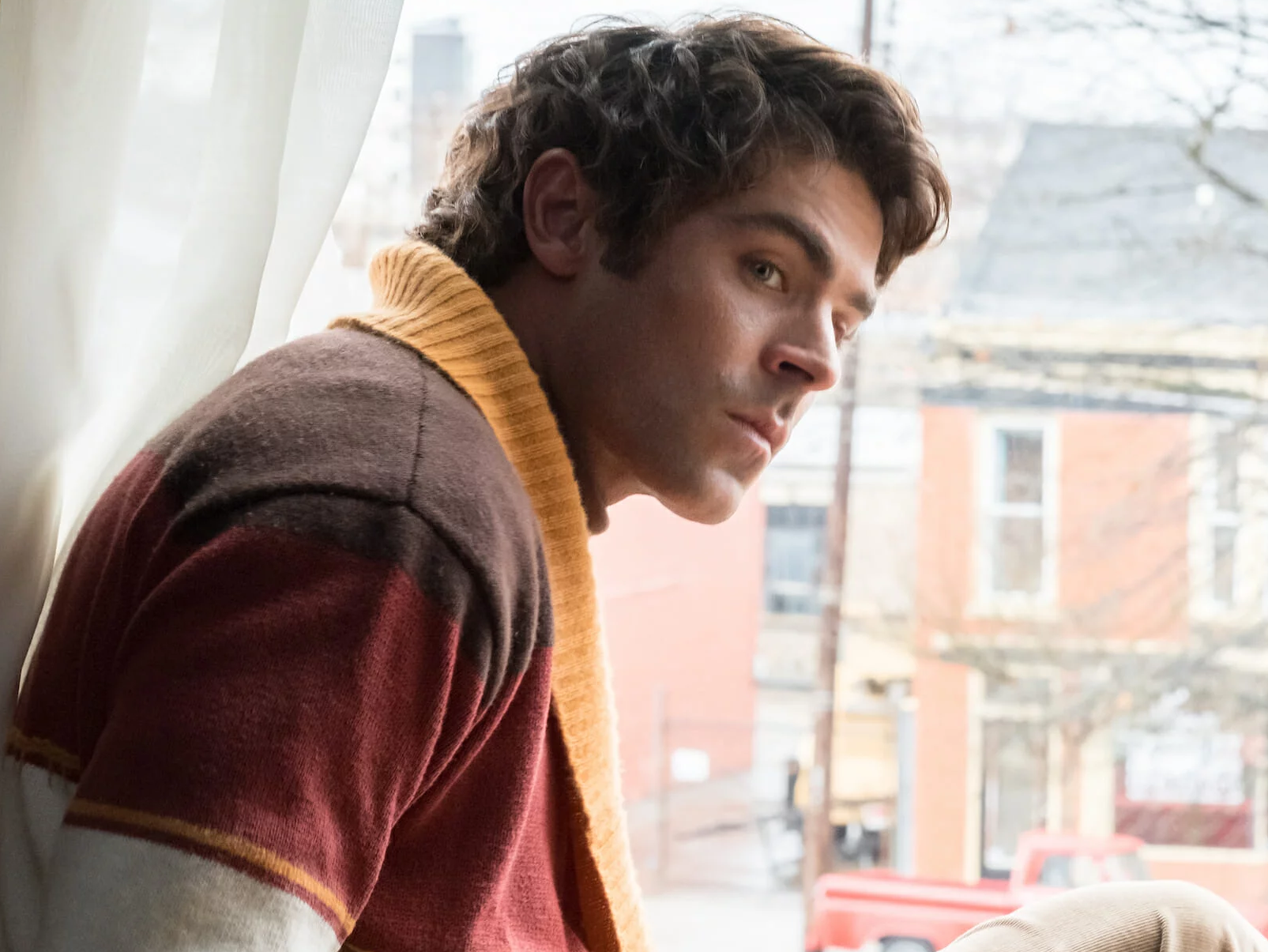For someone who has been dead since 1989, Theodore Robert Bundy sure has been popular lately. Netflix, which just added the film “Extremely Wicked, Shockingly Evil and Vile” to its library, cannot seem to get enough of the notorious serial killer.
The introduction of Bundy on the streaming service came through “Conversations with a Killer: The Ted Bundy Tapes.” In the docuseries, the tapes show how much of a monster the man really was, all the way up to his execution in a state prison in Florida. It is advised that those viewing “Conversations with a Killer” should not watch them alone, given the disturbing nature of it.
Throughout the four-part docuseries, the viewer can hear and see the killer feign innocence until the very end, when he finally confesses to all his crimes. While “Conversations with A Killer” has gotten a lot of attention, it has apparently not been enough. On Feb. 4, Netflix bought the movie, “Extremely Wicked, Shockingly Evil and Vile,” which stars teen heartthrob Zac Efron as Ted Bundy and cost Netflix $9 million.
The film is an hour and 50 minutes in length, and it sticks to showing the killer as a charismatic man, someone who no one would suspect of being a murderer, which is how Bundy was described when he was alive. However, both “Conversations with A Killer” and “Extremely Wicked, Shockingly Evil and Vile” are a problem.
The reasons these Netflix originals are problematic is because they give too much attention to a man who murdered and raped as many as 30 women, the youngest of whom was no more than 12 years old, and his body count is assumed to be higher than what is stated. The focus of the tapes and the movie is not necessarily on the victims themselves, but rather on a man who destroyed families without so much as a second thought. While “Conversations with a Killer” sheds light on the victims, not enough attention is given to them.
The movie, “Extremely Wicked, Shockingly Evil and Vile,” does no better. The film centers around Bundy’s relationship with Liz Kloepfer (Lily Collins) and her daughter. While the actors in the movie do a great job in their roles, the film provides little information on the victims; their names are displayed on a black screen once the movie ends, but that is all the recognition given to them.
It’s better than nothing, but the movie spends more time exploring Bundy’s on-again, off-again relationship with Liz; the movie’s climax comes when she comes to terms with the fact that the man she had loved and allowed into her home is, in fact, the killer everyone is looking for. In a way, this movie and the docuseries glorifies the killer and gives him all the attention, almost 30 years after his death.
The victims are the ones that really matter, and we should focus on them, instead of giving Bundy the time of day anymore. He was a known narcissist and thrived on any attention that was given to him, especially by the media. Those who have viewed “Conversations with a Killer” and “Extremely Wicked, Shockingly Evil and Vile,” have seen as much. If he were alive today, he would be loving the spotlight, but he doesn’t deserve the recognition he’s been given. While documentaries about crime and killers have always had a compelling factor to them, the focus of these programs falls purely on Bundy.
The director of “Extremely Wicked, Shockingly Evil and Vile” is looking to make a multi-part series with previously unknown information about the killer. It seems as if the obsession to find out more about Bundy will continue for a while, even though almost everything there is to know about him is already available online. Anything that people would like to know about Bundy is just a search away, so there really is no need for anything else to be done concerning him.
These originals on Netflix create another problem, and that just how many people have been vocal about finding the killer attractive. Not only is that disrespectful to the victims, but it’s also insensitive to the families who had to deal with the losses he created.
Netflix has had to step in and announce on their Twitter account for people to stop calling Bundy attractive. “I’ve seen a lot of talk about Ted Bundy’s alleged hotness and would like to gently remind everyone that there are literally THOUSANDS of hot men on the service — almost all of whom are not convicted serial murderers.”
I've seen a lot of talk about Ted Bundy’s alleged hotness and would like to gently remind everyone that there are literally THOUSANDS of hot men on the service — almost all of whom are not convicted serial murderers
— Netflix (@netflix) January 28, 2019
This goes to show that even the streaming service that provides the docuseries and movie have a problem with its viewers thinking Bundy is, in any way, hot. What viewers of the film need to do is separate the actor, who in this case is Zac Efron, and the person he is playing, who is a serial killer, because while Bundy might have been considered charming in his day, he should not be seen that way anymore, and certainly not because a well-known actor portrayed him in a movie.
One of the ways that Bundy was able to capture his victims was by taking advantage of his charismatic nature and appearing like an everyday, average guy. Even during Bundy’s trial, there were women who claimed he couldn’t possibly be a killer, because of his natural charm, and were convinced he was innocent. Both the docuseries and film play on this aspect of normalcy by constantly trying to show Bundy as someone who could never hurt anyone, because he looked just like everyone else, but what viewers need to understand is that while he looked like a normal guy, he was far from it.
No matter how “Conversations with a Killer” or “Extremely Wicked” make him appear to viewers, people need to remember that, at the end of the day, Ted Bundy was a psychopath who raped and murdered women, and he needs to be left where he belongs — that is to say, in the past.
















